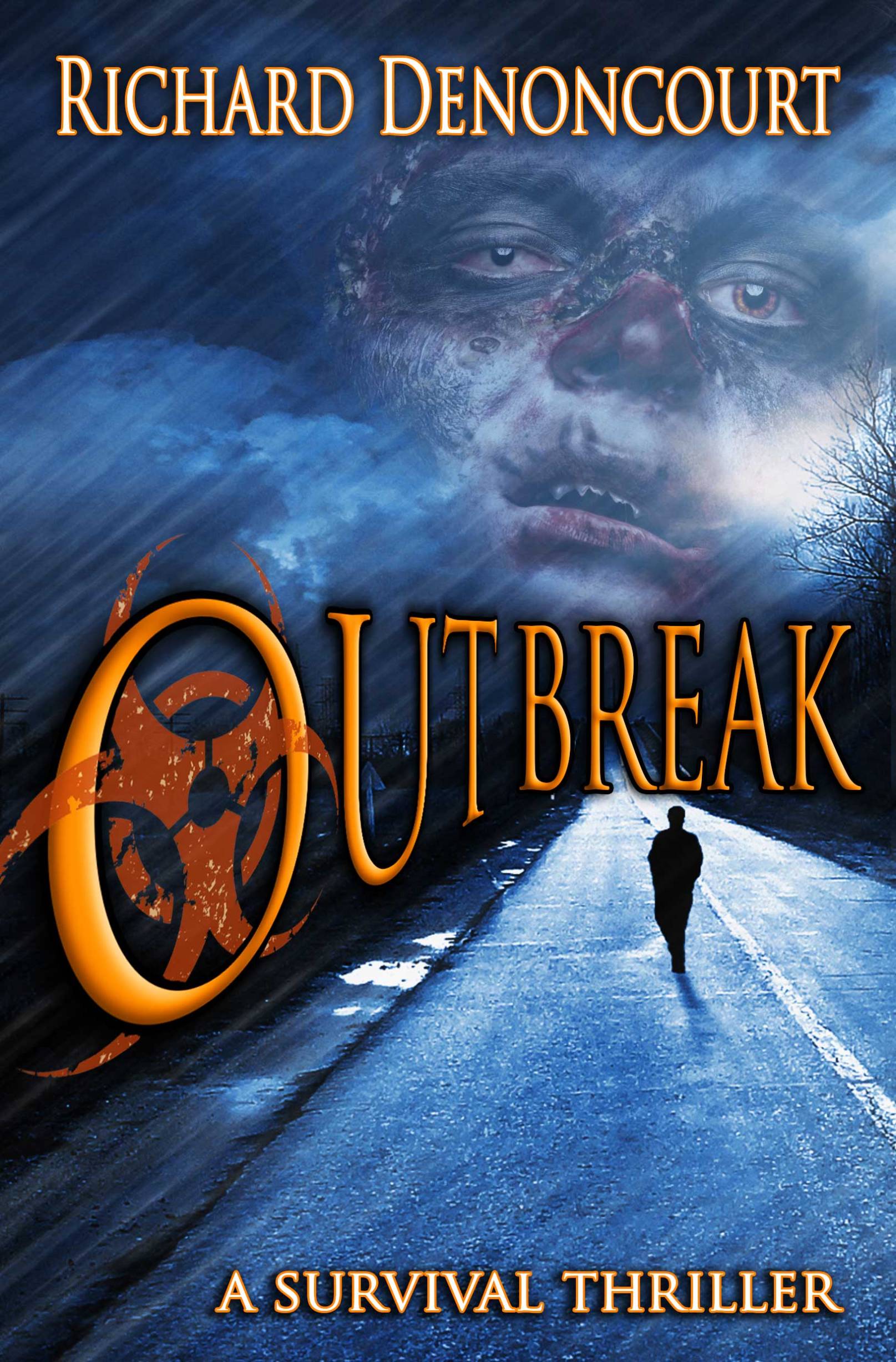 One of my favorite short stories of all time is The Swimmer by John Cheever. In it, a man living in the suburbs decides, on a hot and pleasant day, to return to his house across town. Only thing is, he doesn’t want to walk or drive–he wants to swim across his neighbors’ swimming pools.
One of my favorite short stories of all time is The Swimmer by John Cheever. In it, a man living in the suburbs decides, on a hot and pleasant day, to return to his house across town. Only thing is, he doesn’t want to walk or drive–he wants to swim across his neighbors’ swimming pools.
How’s that for a simple goal? It doesn’t even sound all that interesting, until you read the story. Then you find yourself riveted to this character’s journey, which spans one of the creepiest and most fulfilling story arcs in modern literature.
My point in using this example is that it doesn’t matter what your main character’s goal is in a story. People don’t read novels and comic books and watch movies because they think the hero’s goal is unique and interesting.
If they did, conversations like this might exist:
EMILY: “I can’t wait to see Supergal IV. This time she has to save the world by stealing alien technology from a top-secret government facility while uniting all the world’s armies against an alien intruder. Of course, that means transgressing racial and cultural boundaries to get everyone across the globe to trust each other, which is going to be hard since she also has to take care of her six kids.”
PETER: “Wow that sounds like a really unique and awesome goal, Emily. But I really want to see Joe Schmoe Superstar. This guy Joe wants to become the wealthiest and most famous movie director and producer on the planet so he can get back at his father for always telling him he wasn’t good enough. I can’t wait to see if he accomplishes his dream!”
When you talk about a movie or a book you want to see or read (or one you loved) do you ever include the character’s goal and whether or not he or she actually reaches it? When you wanted to see Avatar, was it because you were curious as to how the main character was going to save the Na’vi people? When you went to see Superbad, was it because you wanted to know if they would finally manage to score some alcohol for the party at the very end?
No, and that’s because the GOAL is not usually interesting. It’s the JOURNEY that people care about. Your character might never accomplish the goal he or she sets out to do, but as long as there’s a fascinating journey in which the character learns something that changes how he or she views the world, you’ve got a story.
Does this mean your characters shouldn’t have goals?
No. They need goals to point them in a certain direction. A goal is the first thing you give your main character. The journey is the next, and most important, part of the story.
 As a result, the goal can really be anything at all, even if it sounds boring at the start, like a bunch of people trying to throw a magic ring into a lava pit (Lord of the Rings), a dysfunctional family trying to make it to their daughter’s beauty pageant in time (Little Miss Sunshine) or a disillusioned writer and his actor pal trying to have a nice wine-tasting trip before the actor’s wedding (Sideways). All enormously popular films that won Academy Awards.
As a result, the goal can really be anything at all, even if it sounds boring at the start, like a bunch of people trying to throw a magic ring into a lava pit (Lord of the Rings), a dysfunctional family trying to make it to their daughter’s beauty pageant in time (Little Miss Sunshine) or a disillusioned writer and his actor pal trying to have a nice wine-tasting trip before the actor’s wedding (Sideways). All enormously popular films that won Academy Awards.
The journey is what matters, so if you’re a storyteller, don’t stress out about what the goal should be. Just make sure the journey is compelling.
Join my newsletter to get updates on book releases. I only send 3-5 emails per year, and you could receive free books!





